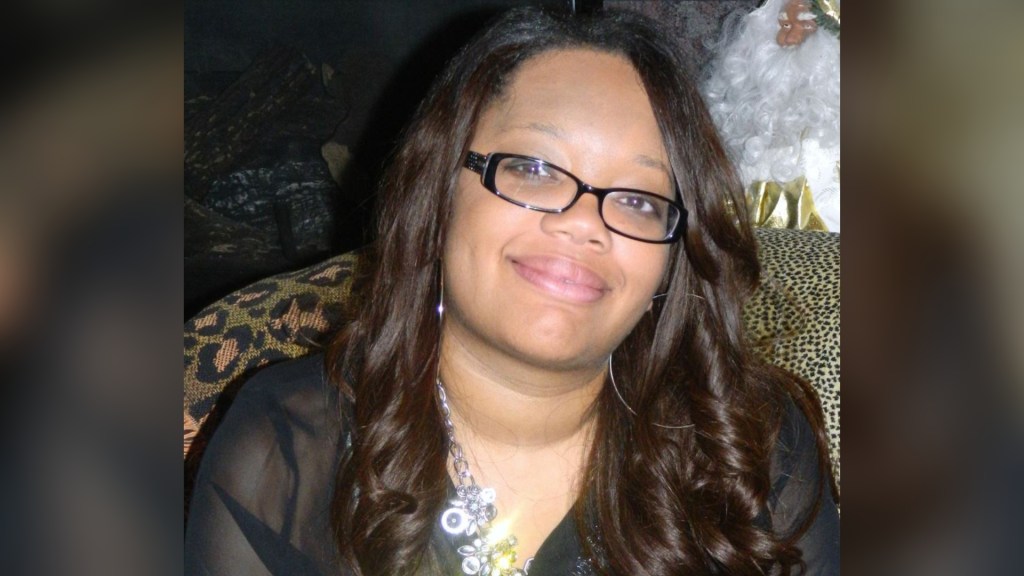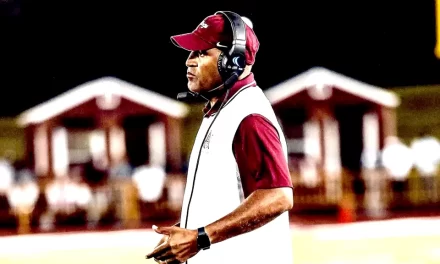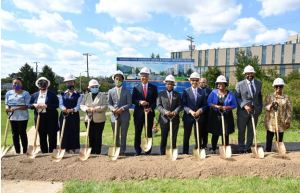By Aja’ Mallory
Special to the AFRO
When was the last time you talked with your family about money? If it’s been a while, it’s time to start. Money can be an emotional topic, especially with family, but avoiding these discussions can leave heirs unprepared for financial responsibilities, like a reverse mortgage. Open, honest conversations are key to preventing future surprises.

(Photo courtesy of Regent University)
Maryland Volunteer Lawyers Service (MVLS) often helps clients facing foreclosure after discovering their parents took out a reverse mortgage on the family home. Many heirs, often older adults on fixed incomes or social security, find themselves living in the home with no other housing options or plans for the property.
Reverse mortgages let homeowners aged 62 and older tap into their home equity without needing to make payments until they move out or pass away. This financial tool provides cash for living expenses, often when other savings have been depleted. However, not everyone who takes out a reverse mortgage is struggling financially. Some simply want to ease their financial burdens and enjoy a more comfortable lifestyle.
While older homeowners may have different reasons for taking out a reverse mortgage, it’s crucial they discuss their decision with their heirs and explain what it will mean for the house after they pass away.
Consider the Smith family who sought advice on their reverse mortgage dilemma. John, the family patriarch, took out a $30,000 reverse mortgage for home repairs and extra income, promising to leave the house to his children in his will. However, when John consulted MVLS for estate planning, a volunteer attorney warned him about the reverse mortgage’s impact on his heirs.
A reverse mortgage often requires the home to be sold to repay the debt, complicating the process of passing it on to heirs. To inherit a home with a reverse mortgage, heirs must pay off the debt, either the full loan balance or 95 percent of the home’s appraised value, whichever is less. Over time, accumulating interest, insurance and fees can turn a small loan into a hefty obligation, leaving little or no equity for heirs. If there’s equity left, it goes to the homeowner’s estate. If the loan exceeds the home’s value, heirs aren’t liable for the difference, but refinancing can be challenging.
The Smith family was shocked to learn they would need to come up with $30,000 – or possibly more – to repay their father’s reverse mortgage. Many heirs find themselves in a similar situation, often with poor credit and unable to qualify for a loan. This news often arrives only when they receive a foreclosure notice.
While using home equity can be a smart decision, it’s essential to understand the potential impact on heirs. Many MVLS clients lack the funds to repay or refinance the loan, leaving them with no choice but to sell the home or hand it over to the lender.
For many, homeownership is the foundation for building generational wealth. While reverse mortgages can help older homeowners manage finances and secure housing, they may leave heirs in financial hardship and unstable housing situations. It’s crucial for homeowners considering a reverse mortgage to have open and honest conversations with their families. Both the homeowner and heirs should understand the potential consequences and be prepared to either pay off the loan or surrender the home after the homeowner’s passing.
The post Talk about money now to avoid family financial surprises appeared first on AFRO American Newspapers.











